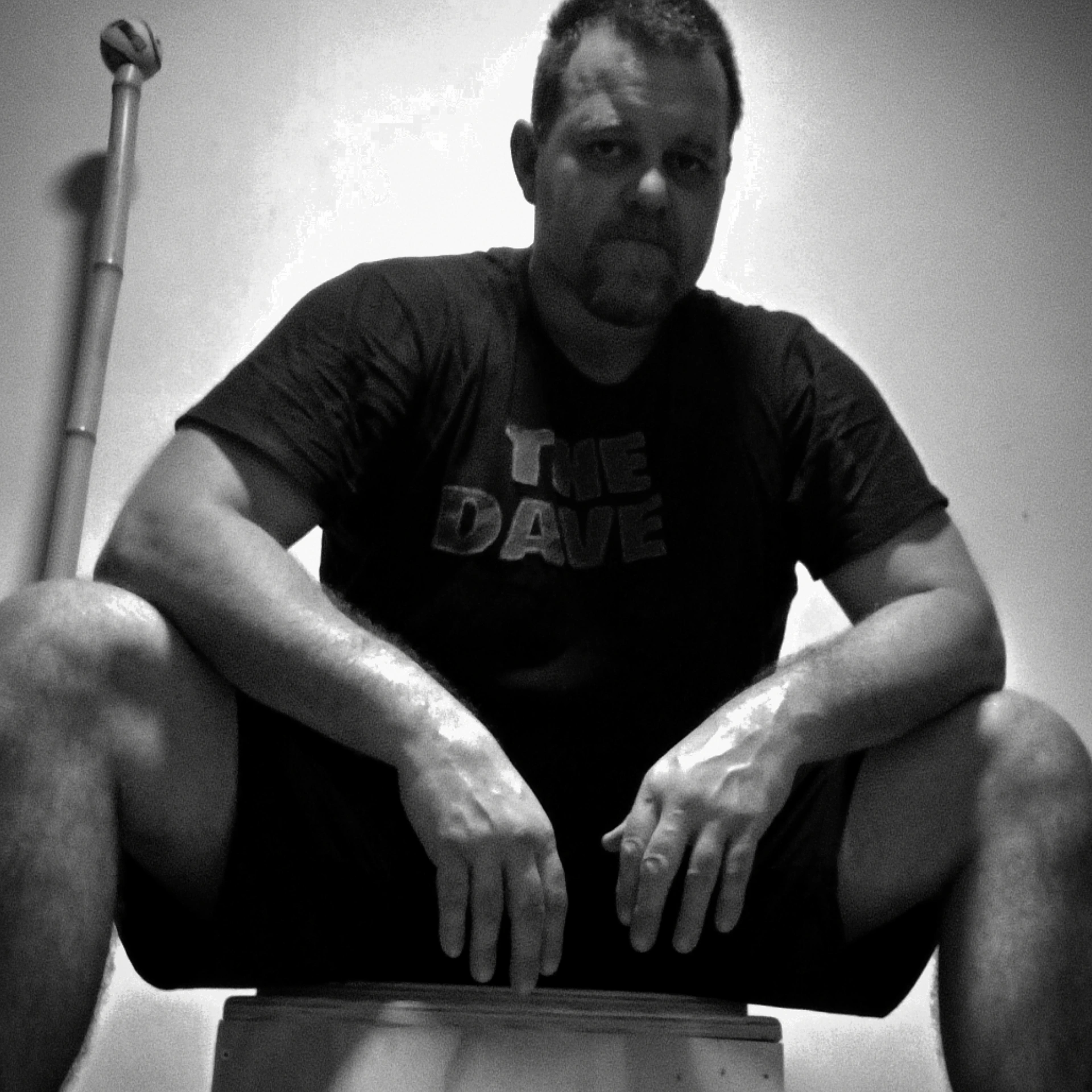The No 1 Recovery Protocol
- Dave Hedges

- Sep 6, 2024
- 3 min read
Today's newsletter is less answering a question, more examining something a client, Brian, said during one of our Zoom chats.
Brian, like many of you, is juggling work, travel, home life, personal challenges, and trying to keep his body feeling good and able to perform.
While Brian would never class himself as an Athlete, he's run many a marathon and competed in Kettlebell sport, two things he's looking to get back to if we can get his ducks in a row.
On our last call, he said something cool, though.
He talked about “sleep opportunity”
Not just sleep, but the opportunity for sleep.
What does he mean?
We all have opportunities for sleep.
But does the sleep we actually get match that opportunity?
Do we eat into the opportunity by sitting up later than we know we should?
Do we eat into that opportunity by having caffeine late in the day?
Do we eat into that opportunity by overdosing blue light in the evenings?
If we know we have to get up at a certain hour, we ought to then count back 8 hours, and that is our target to get to sleep by.
As I write this, my alarm went off this morning at 0700. My dog had me up before the alarm, around 0630, but we'll use 7 as our planned wake-up time.
So I should have been falling asleep at 2300 to give me 9 hours.
Did I?
Now that's a question….
Caffeine clears away adenosine and boosts cortisol, making sleep harder to come by.
Blue light can reduce melatonin production, which can make sleep harder to come by.
The mental stimulation from the phone (blue light device) can over stimulate us, making sleep hard to come by.
Exercise late in the evening can leave us adrenalised and struggling to sleep
Bedroom too hot, too bright, and so on and so forth.
So we see that while we may have given ourselves a great sleep opportunity, we may get a full 8 hours tucked up in our pit, but we may rob ourselves of actual quality sleep through a few simple habits.
And we know changing habits is simple but definitely not easy.
The thing is, sleep is the number one recovery tool.
It outperforms ice baths, saunas, meditation, massage, and anything else you consider to be recovery combined.
You want to optimise recovery, start with sleep and food.
Then layer in the “stuff” that gets rammed down our necks as being good for “optimising recovery”
All that said, there's also real life to consider.
Few of us make a living from training.
Many on this list have kids.
Creating an optimal routine to ensure optimal sleep is a tall order for many.
But thankfully, we are robust animals and can operate very well without optimal just so long as we get good enough.
And that may mean a lie in a couple of mornings. It may mean a 10-30 minute nap in the day. It may mean leaning into secondary recovery strategies (calories and counting sheep being primary, ice baths etc are secondary)
Sleep is not a waste of time, nor is it a luxury
So take a minute to consider your sleep opportunity.
Then, another minute to consider how well you're using that opportunity to your benefit.
But don't let not getting optimal sleep become a source of stress. Relax and look to make it up in other ways, or at another time.
(And before the hate mail comes in, I am aware we can not “Make up” for lost sleep. But I do believe thinking we can do some degree is liberating and reduces how much people get stressed about having sub optimal sleep)
Do you have a question or comment?
Don't be shy, hit reply and send them in.
I read all emails and reply to them, especially replies to this newsletter.
And you never know, your comment may trigger a future email.
Chat soon
Regards
Dave Hedges



Comments